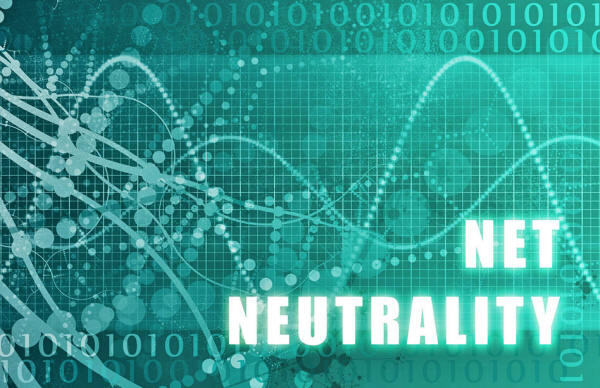|
"Information is power. But like all power, there are those who want to keep it for themselves." Aaron Swartz, co-founder of Demand Progress and net neutrality activist
Here's How to Keep it Open...
Called the First Amendment issue of our time by Senator Al Franken in 2010, whether or not net neutrality should be enforced has created fierce debate for almost a decade.
Telecom companies in the U.S. and across Europe have long fought against any type of net neutrality safeguards set in place by the Federal Communications Commission (FCC), claiming the rules discourage free-market investment toward better cable and wireless networks.
But former FCC chair, Tom Wheeler, said the FCC would not intervene [in] areas such as pricing, network unbundling and technical operating requirements.
In other words, net neutrality keeps the Internet open, instead of at the mercy of companies who would rather split the Internet into slow and fast lanes, depending on which content and sites are in the best interest of their bottom line.
Worse, without the protections of net neutrality, small web business and innovation suffer because they are not able to compete at the same level as mega corporations.
Do we really want profit-driven corporations calling the shots and deciding what we have access to on the Internet?
Why You Should Care About Net Neutrality
Interestingly, telecom companies, many Republican members of Congress and current FCC chair Ajit Pai (a former Verizon attorney appointed by President Trump) believe that net neutrality actually harms innovation and hurts business because of stifling regulatory burden.
He adds,
Here's the thing...
When polled by Consumers Reports, six out of ten Americans are in favor of keeping the current net neutrality regulations in place - and only about 16 percent claimed they wanted net neutrality to be overturned.
Have a look at the FCC public comment page for Pai's proposal and it will become clear the general population wants solid net neutrality protection.
Makes you wonder who, exactly, Pai is talking about when he makes sweeping generalizations about what people want.
Learn more about the myths and facts concerning Pai's statements on net neutrality here.
Pai's plan,
Net Neutrality Explained
Michael Geist and Peter Armstrong discuss the importance of net neutrality and explain why it is only one part of a much larger fight regarding internet and other electronic services.
The FCC vote on gutting net neutrality rules is slated for mid-December, 2017.
Net Neutrality is Under Serious Attack - Here's How to Keep the Internet Open
The first step is to write the FCC and submit your comment here.
Keep in mind these comments are public records, so it's not a great idea to use a fake name or post racist comments about Pai. Not only does this undermine the credibility of those wishing to support net neutrality, it's just plain bad form overall.
If the FCC does revoke their net neutrality rule established in 2015, it's important to let your representatives know before the vote that you do not agree with the FCC proposal and urge your representative to reform the law.
Contact your representatives with this quick and easy email form from the Electronic Frontier Foundation.
Better yet, put in a phone call to your Congressman and Senators. Contact information is found here. If you can meet in person with your representative, you'll have an even greater impact.
Another important point to remember is to not forget about your state and local leaders.
Local leaders can also make it easier to encourage competition by supporting new internet service providers with access to utility poles, simplifying the process of permits for building new infrastructure, as well as revoking laws which prevent community-owned broadband providers from competing with big telecom corporations.
Moreover, we can vote with our wallets and stand behind broadband providers who truly support net neutrality and Title II classification.
Companies like Sonic (available in the San Francisco Bay Area) and Ting (Virginia, North Carolina and Maryland) have clearly stated they support Title II and net neutrality.
Sources
|


